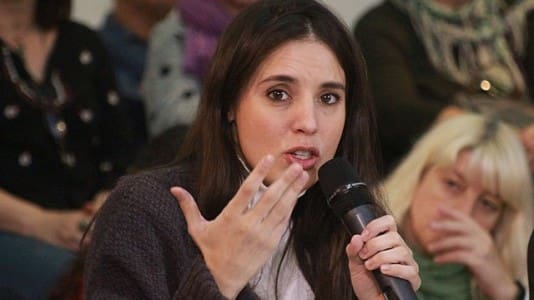The victory for Giorgia Meloni in Italy is a turn away from the post-politics of the Five Star era or the scandal-ridden Berlusconi times, Italian commentator Enrico Buscema claimed in an interview with Polish weekly magazine Tygodnik Solidarność.
It is also a turn away from the populism of promising cash handouts for all.
According to Buscema, Meloni wants to concentrate on policies to protect and support families, institutional reform, the curbing of migration, and the end of surrender to international corporations.
These policies are remarkably similar to those pursued by the conservative governments in Poland and Hungary.
Buscema notes the success the Polish government has had in tightening up the tax system and thinks Meloni will try to follow suit.
The Italian commentator says immigration is currently a major problem in Italy, partly because the left has been trying to buy incoming migrants with benefits and give them the vote in order to increase its support. The latter proved impossible, but the financial and social costs of migration are enormous, says Buscema.
Asked about relations with the EU in light of Ursula von der Leyen’s comments on how the European Commission would combat the new Italian government, Buscema sees the issue as being a little more complex.
He points to Italy’s poor record in absorbing EU funds, compared to Poland, but he says von der Leyen’s comments merely helped the right as voters don’t want to “hear nonsense about creeping fascism” or democracy being in danger from Brussels officials.
Buscema is certain that Poland can count on Italy’s support in its disputes with the EU executive, and he believes Italy will be Poland’s ally in foreign policy regarding close relations with the U.S. and the war in Ukraine. He did, however, acknowledge that Italy may not always see eye to eye with Poland on internal matters such as media laws or abortion.
The Italian commentator thinks that the election results in Italy and Sweden could herald a new trend towards the right in Europe. Issues such as migration, excessive meddling by Brussels, and fears of economic crisis point towards this trend.






